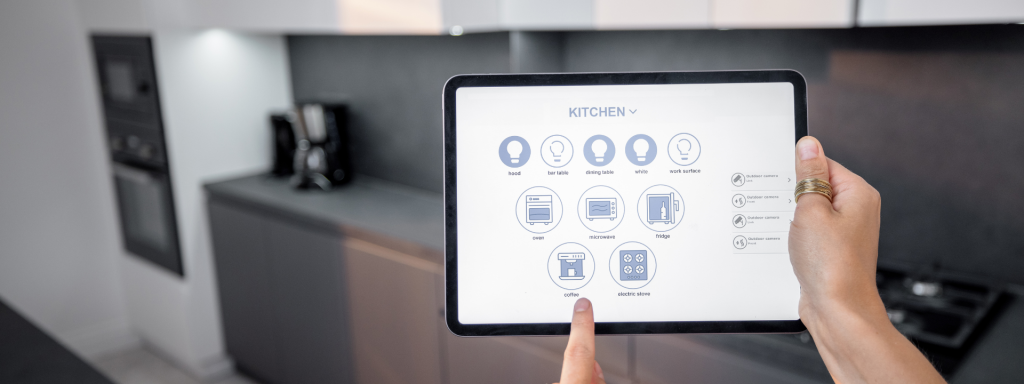
Objective:
This guide will help you determine the number of solar panels needed to power a 1.5-ton air conditioner in Pakistan.
Brief Overview:
We’ll explore key factors like your AC’s energy consumption, the amount of sunlight your location receives, and the efficiency of solar panels.
1 Ton AC (Inverter/Non-Inverter):
1.5 Ton AC (Inverter/Non-Inverter):
2 Ton AC (Inverter/Non-Inverter):
2.5 Ton AC (Inverter/Non-Inverter):
3 Ton AC (Inverter/Non-Inverter):
Determining AC Wattage
Impact of Energy Efficiency Ratings (SEER)
Estimating Daily AC Usage Hours
Other factors such as shading from trees or buildings, roof orientation, and local climate conditions can also affect the performance of your solar panel system.
Roof Space Assessment